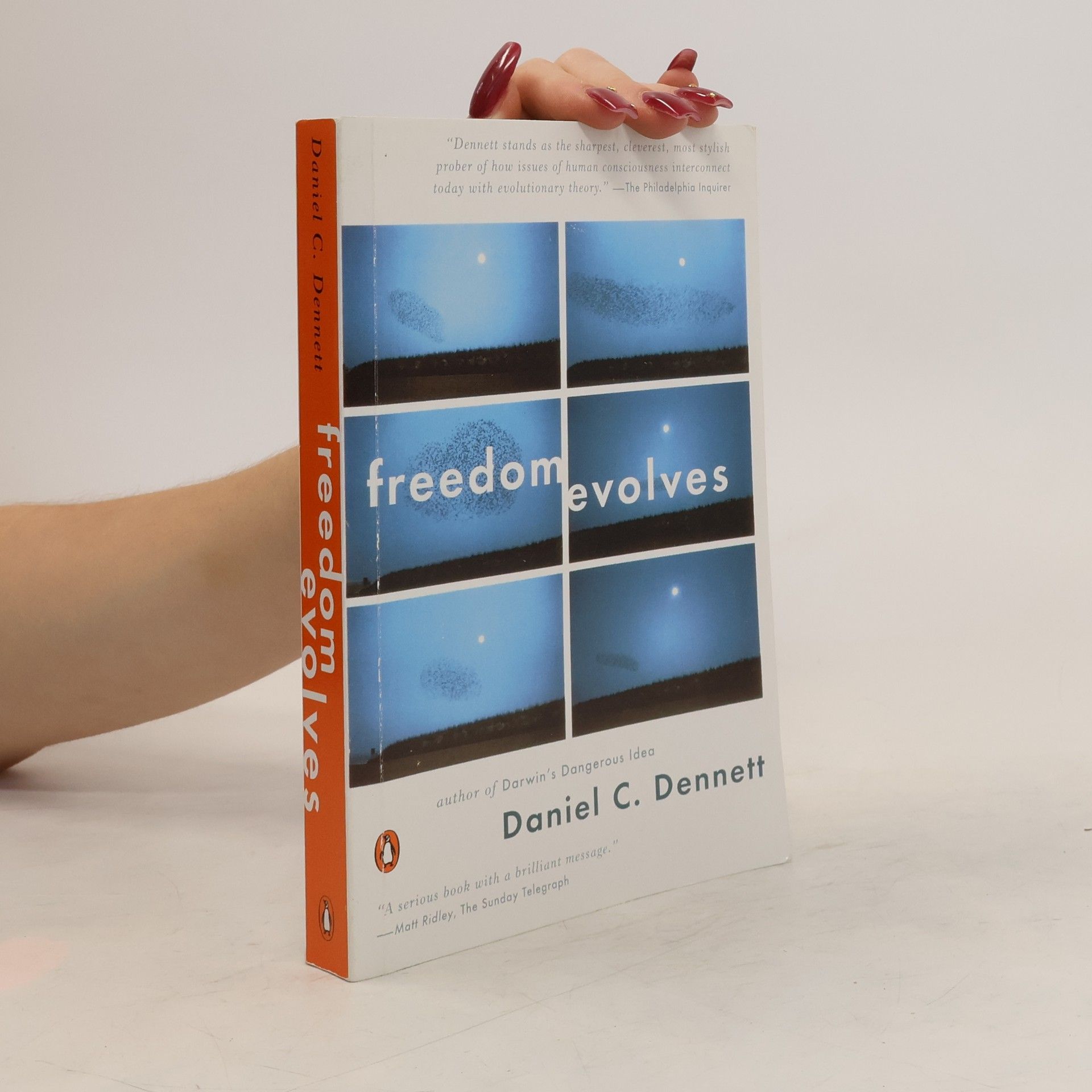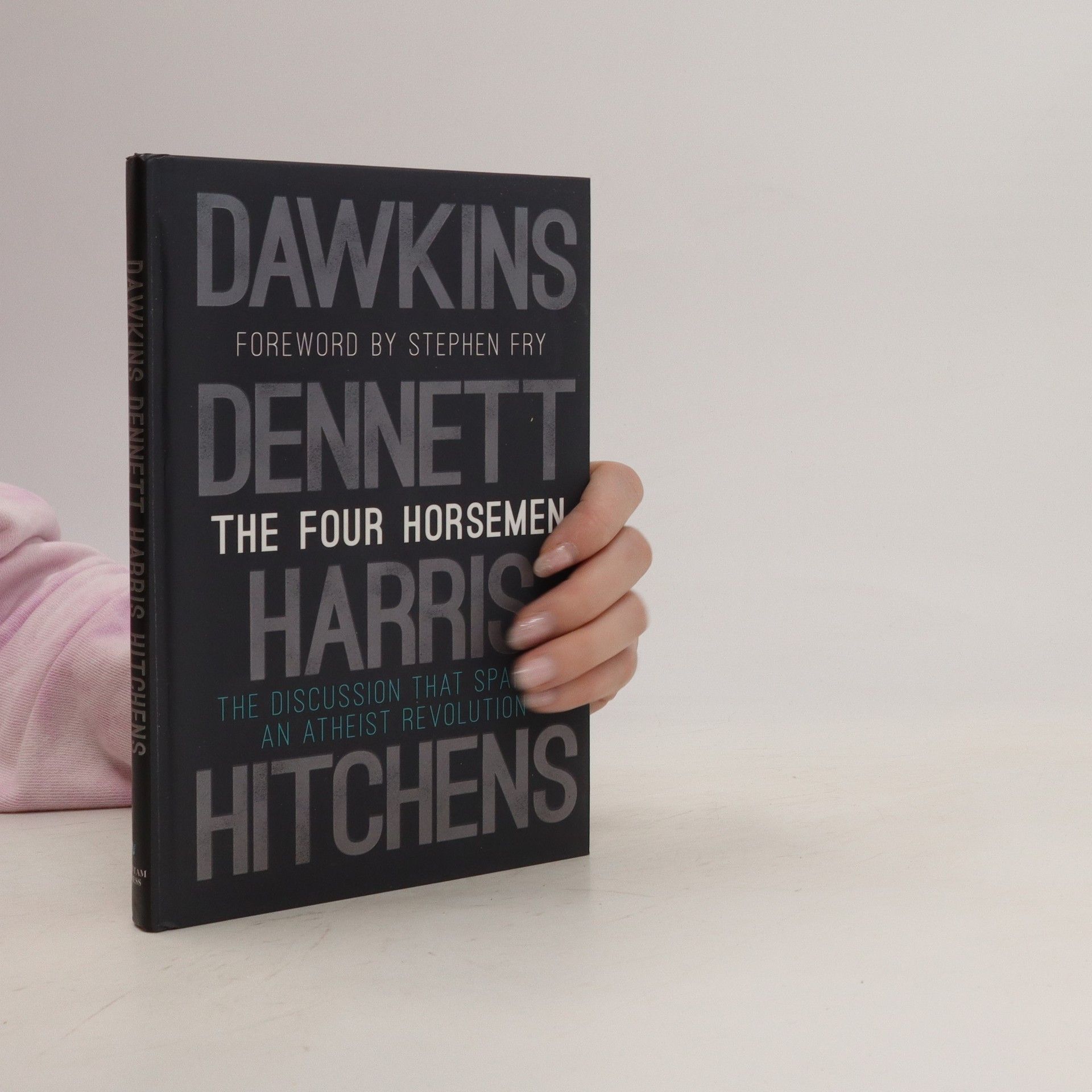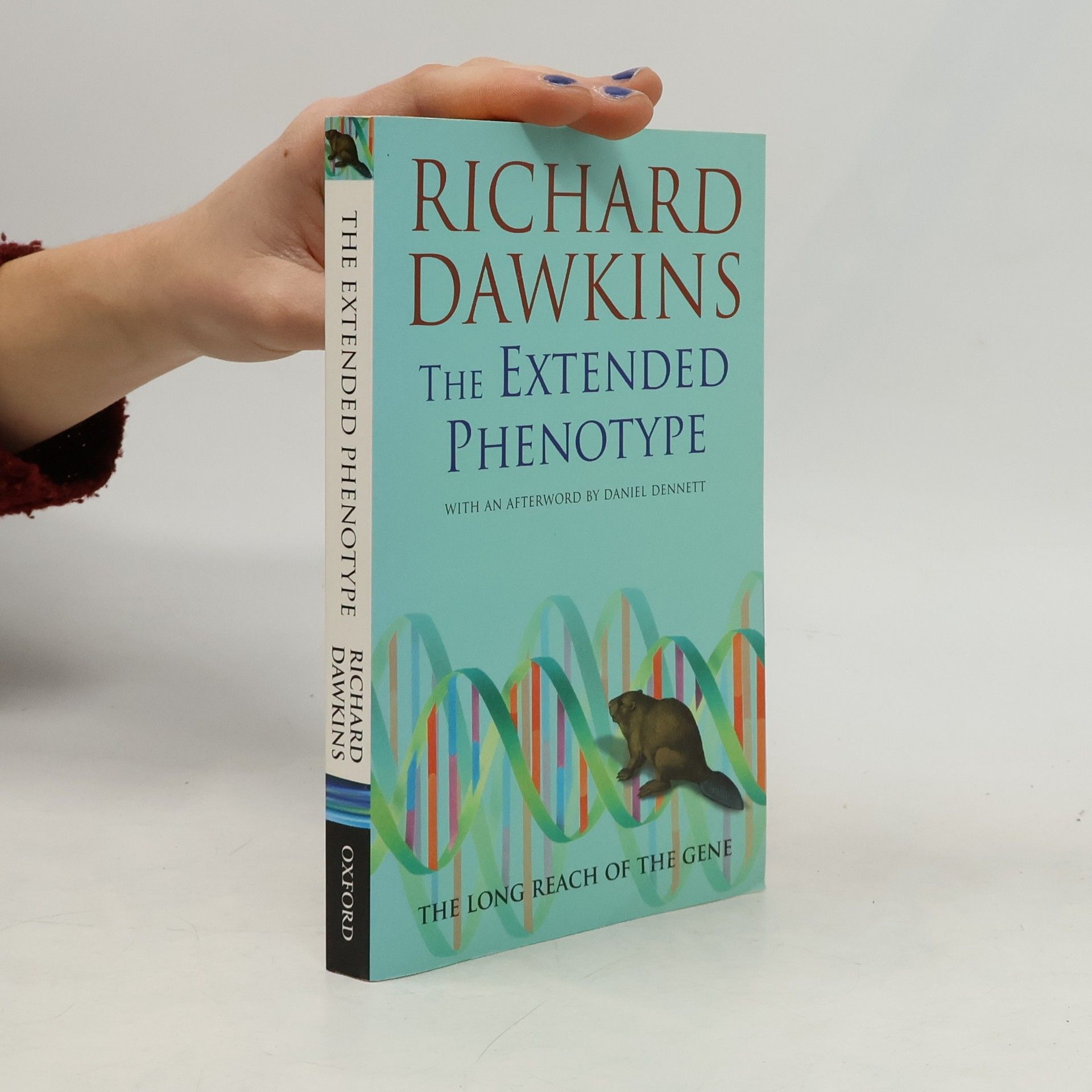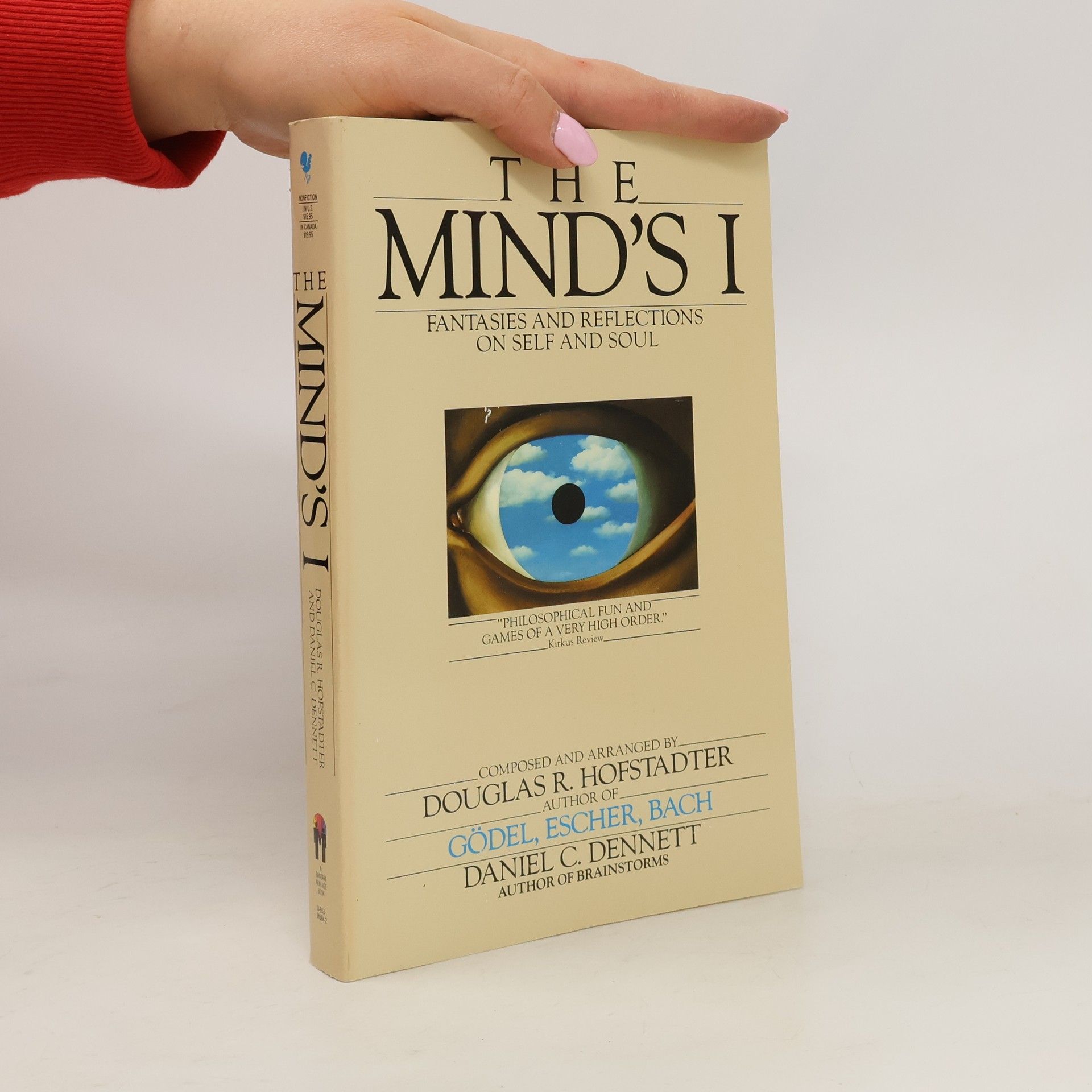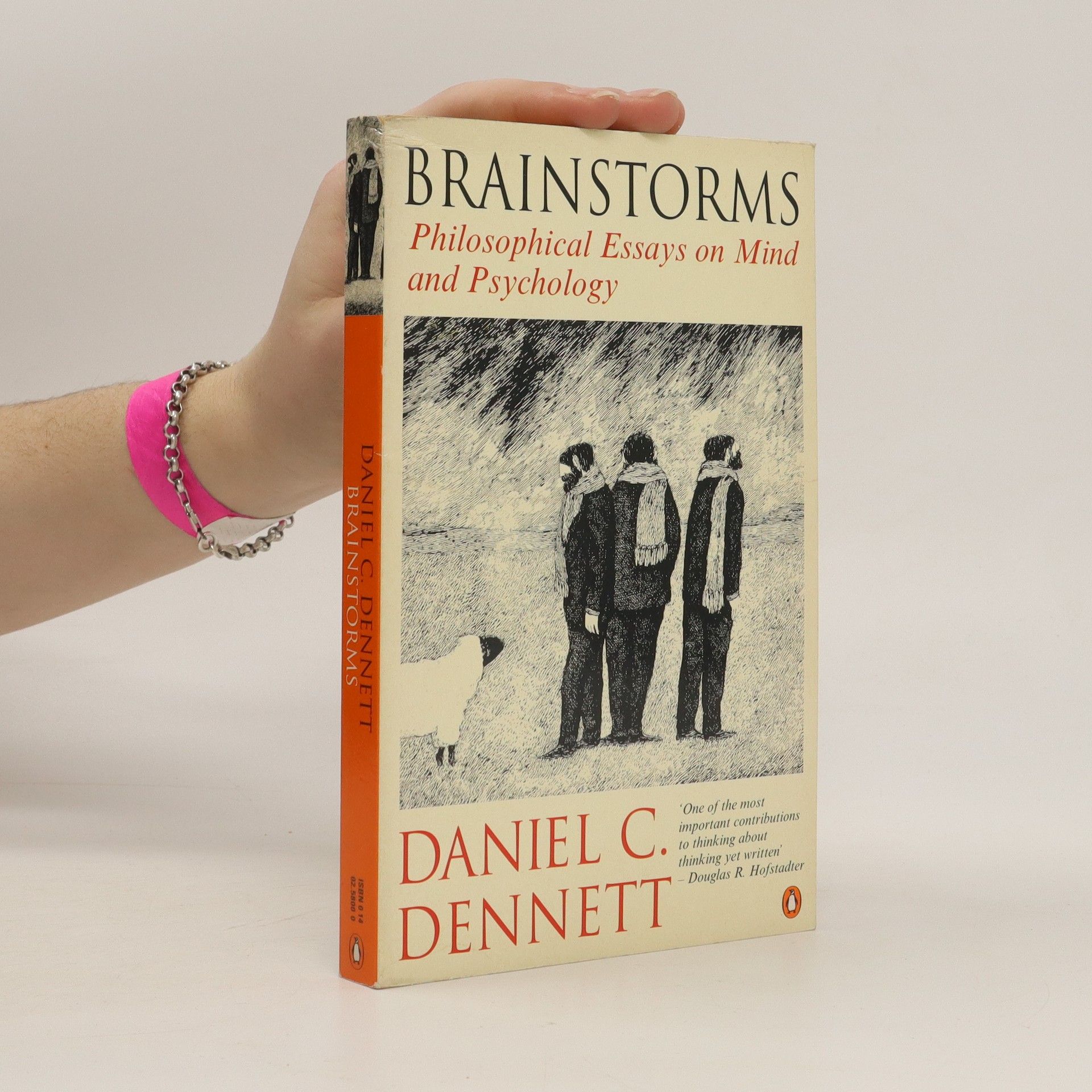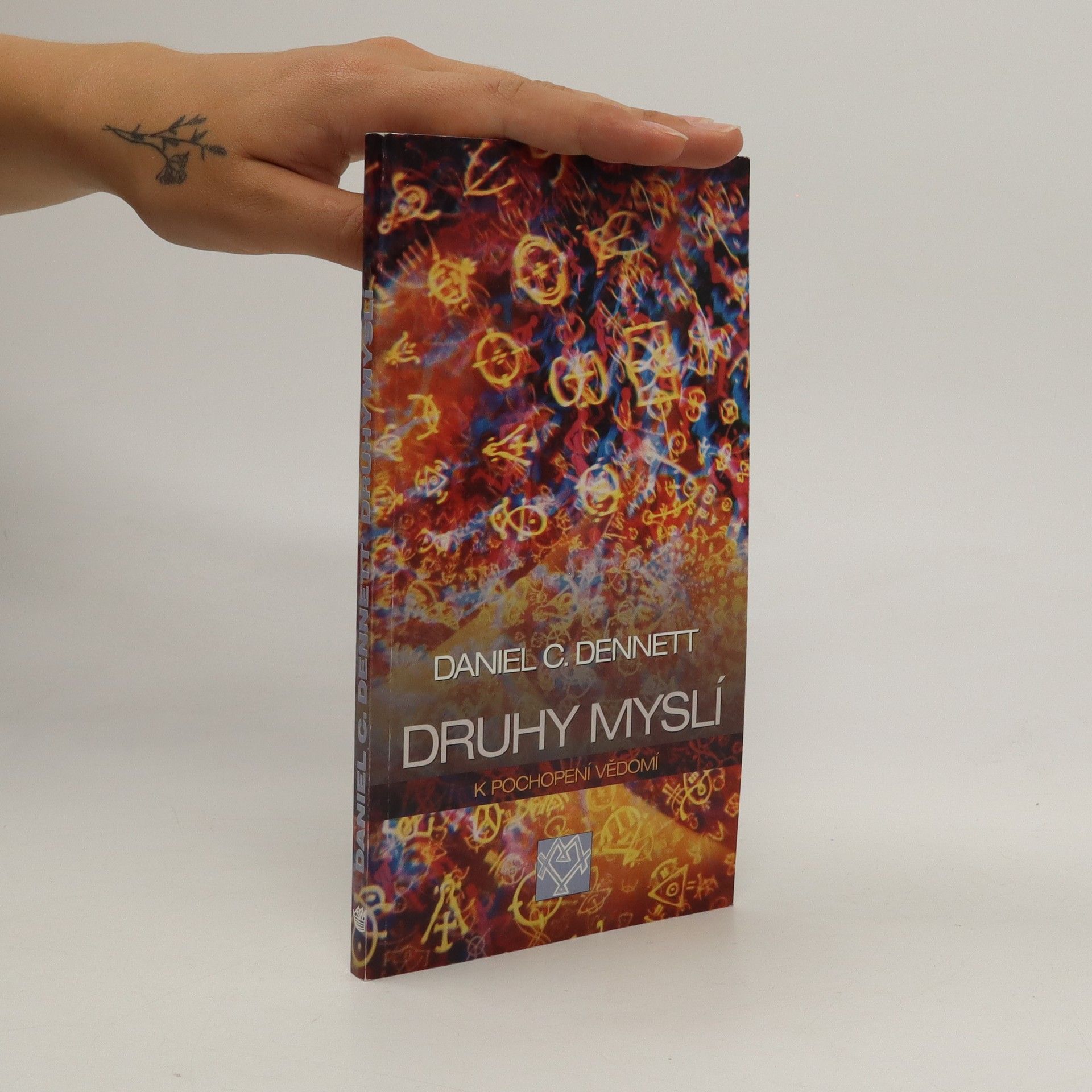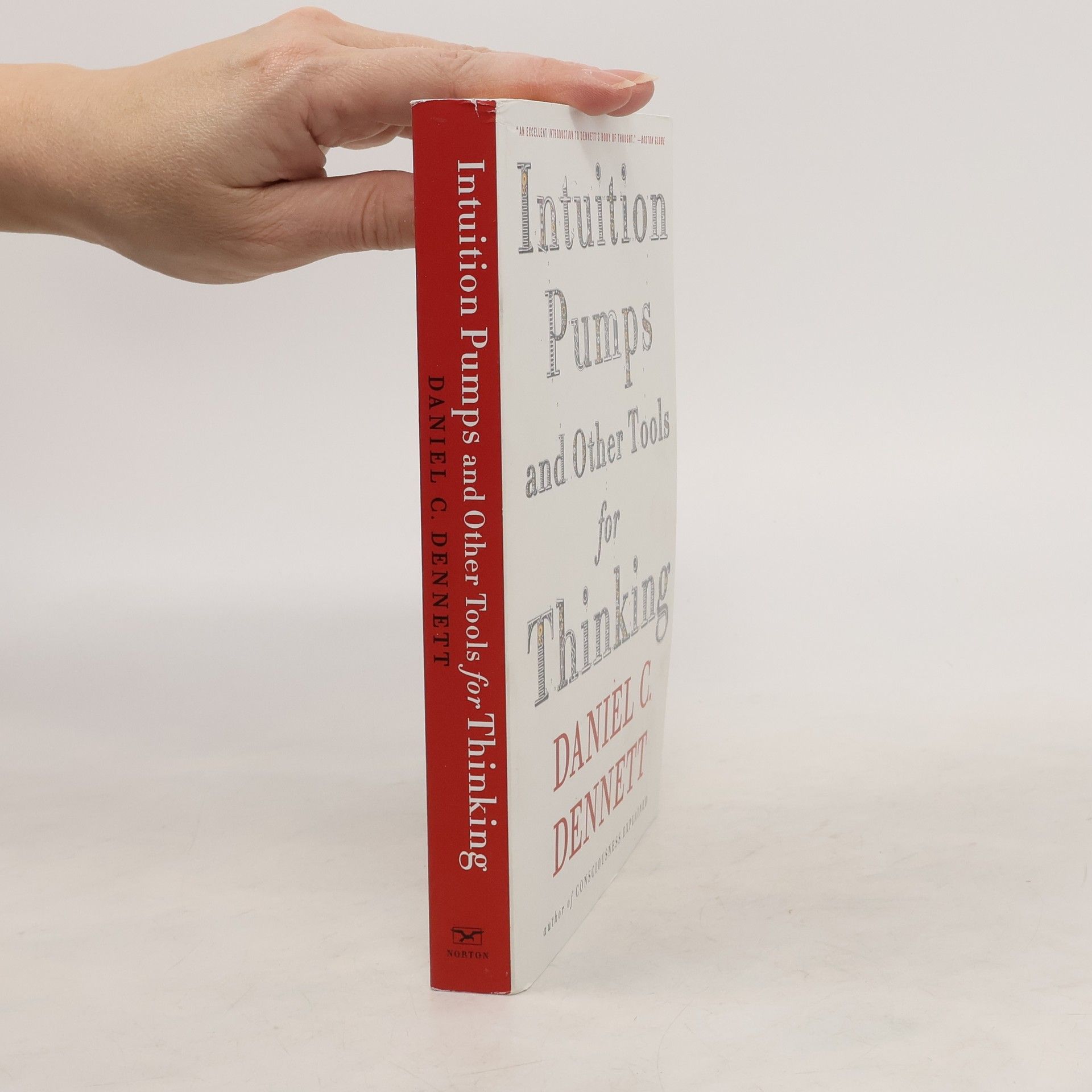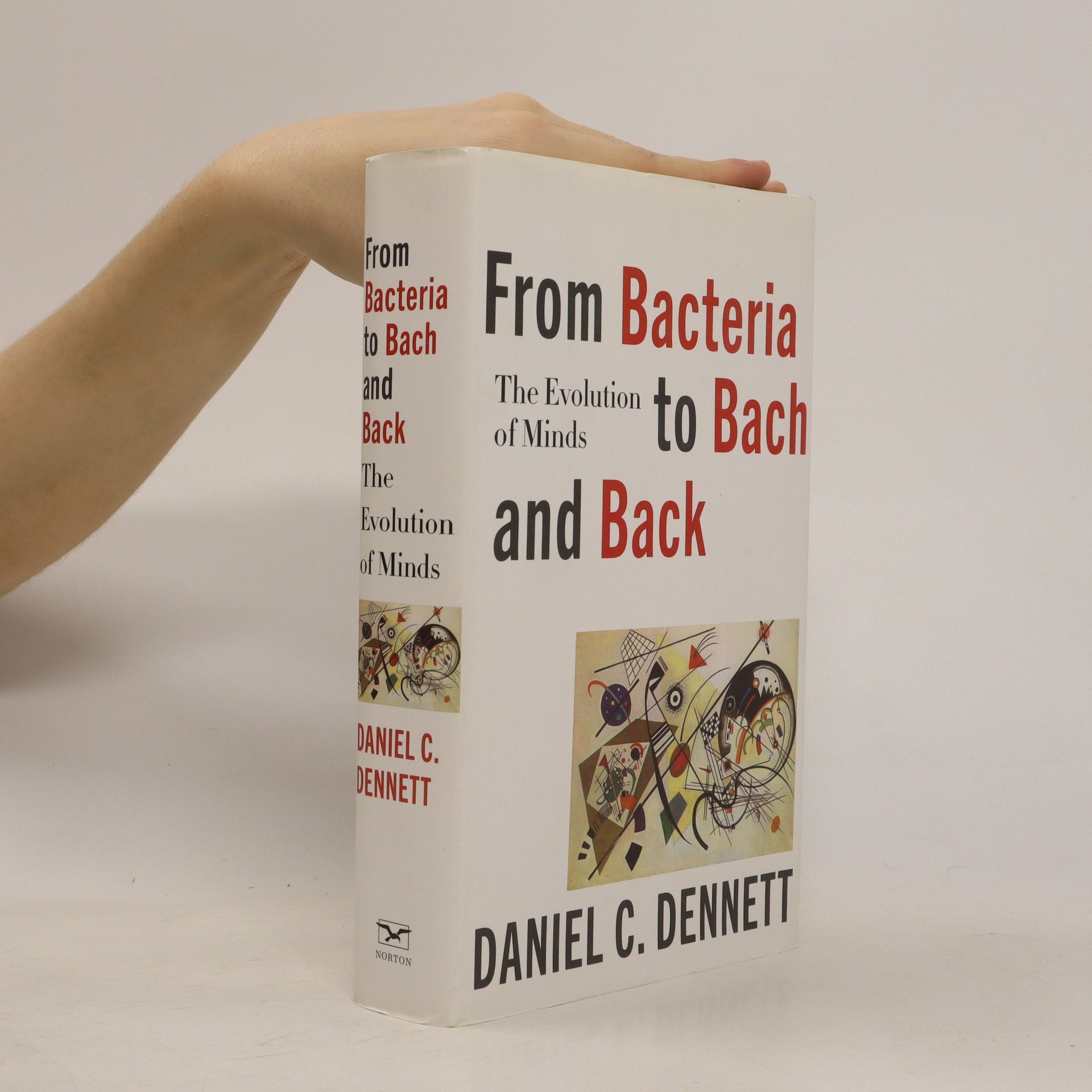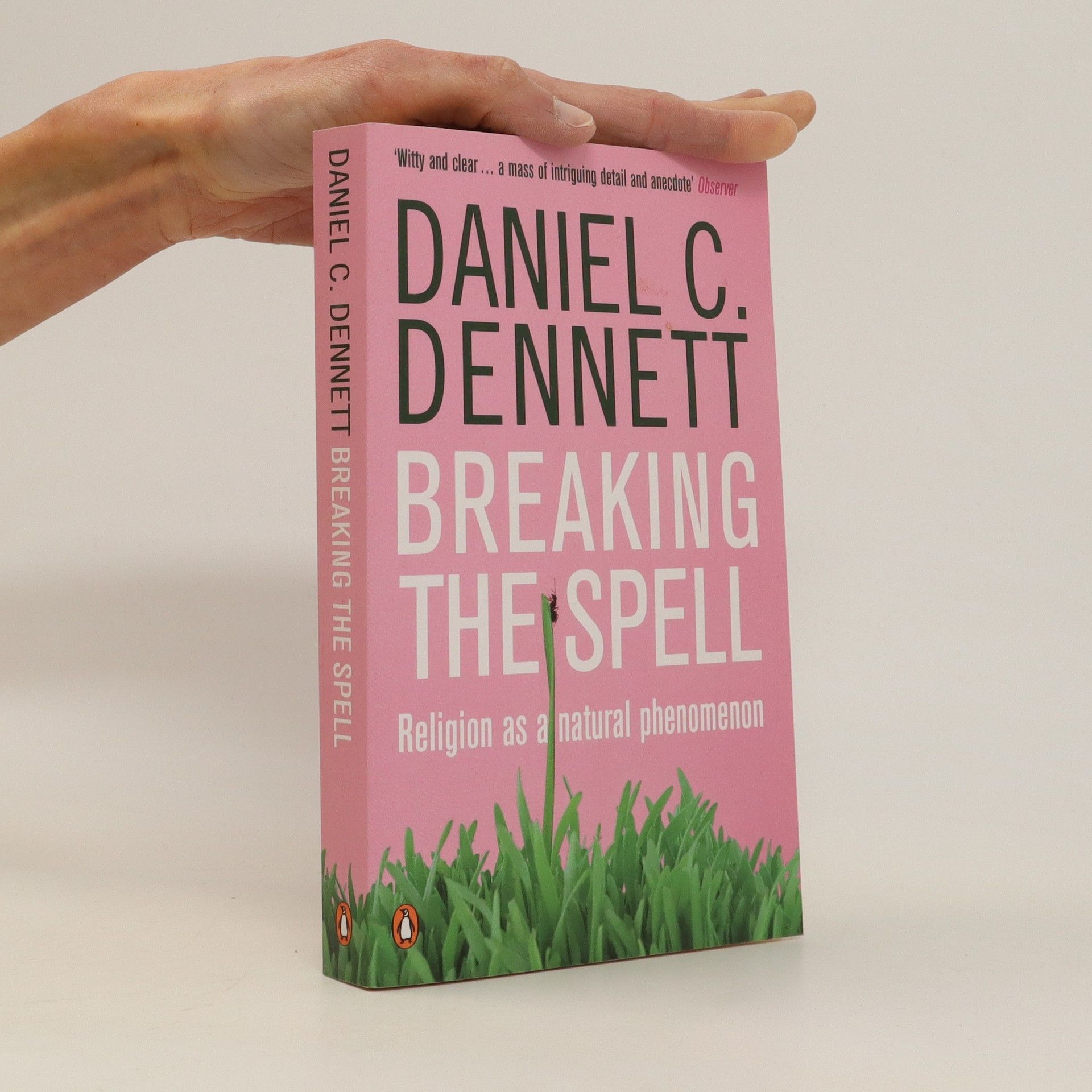Druhy myslí. K pochopení vědomí
- 178 stránek
- 7 hodin čtení
Co je to mysl a kdo jiný (kromě tázajícího se) ji má? Autor se na tuto otázku snaží odpovědět pomocí propojování výsledků filosofie, umělé inteligence i neurobiologie. Může někdo z nás někdy skutečně vědět, co se děje v mysli někoho jiného? Co odlišuje lidskou mysl od myslí jiných živočichů, zvláště těch, kteří nám jsou z vývojového hlediska blízcí? Kdyby se některým z takových živočichů zázrakem dostalo daru řeči, co bychom se od nich mohli dozvědět? Mohli by vyvinout onu dosud výlučně lidskou schopnost teoretizovat o světě, který obývají? Budou roboti, až se jim jednou dostane senzorických smyslových systémů, které jim dovolí získávat zkušenosti o světě, myslet tak jako my? Dennett k těmto otázkám přistupuje z hlediska evoluce a přirozeného výběru: Začíná od makromolekul DNA a RNA a pak ukazuje, jak se život, krok po kroku, vyvíjel od jednoduché schopnosti reagovat na často se opakující rysy prostředí k mnohem sofistikovanějším způsobům překonávání obtíží a využívání vzorců minulé zkušenosti k předpovídání budoucnosti. Tvrdí, že ke své jedinečné lidské schopnosti formulovat a uskutečňovat své dlouhodobé záměry jsme se dostali řadou překvapivě malých a na první pohled nikoli převratných kroků. Dennett zaujímá k některým z tradičních otázek poněkud překvapivý postoj: Jeho kniha nenabízí žádné jednoduché a uzemňující odpovědi, jistě však nenechá klidným nikoho, kdo si otázky související s povahou mysli někdy sám kladl.
